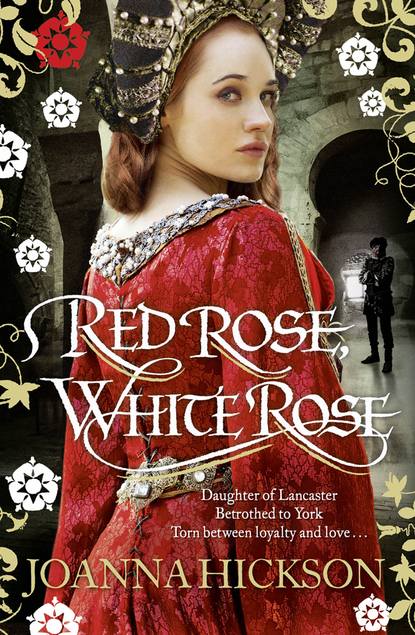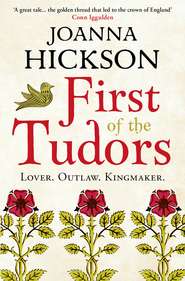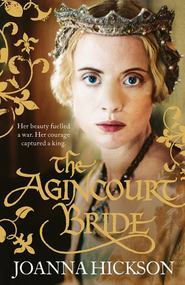По всем вопросам обращайтесь на: info@litportal.ru
(©) 2003-2024.
✖
Red Rose, White Rose
Настройки чтения
Размер шрифта
Высота строк
Поля
‘Well it is heartening to see the land put to some use,’ she said. ‘Even a wilderness of white linen is better than thistles and weeds, though it will not feed the people.’
‘The duke has ruled that the weavers’ guild should set up feeding stations for the poor and dispossessed. He has even endowed them generously himself,’ I told her. ‘There is less unrest in the city since he took up his post.’
She pursed her lips. ‘I am glad to hear it. At least he puts his riches to good use.’
I made no comment. Richard of York was, as everyone knew, the richest man in the two kingdoms and there was much barely concealed envy among those of the landed nobility who were not so well endowed. Although the Earl of Stafford was almost as wealthy, it seemed that even his countess was not averse to passing the odd mildly caustic remark.
Our conversation was forced to cease because we had reached the city gate and became caught up in the crowds queuing to press through the narrow tunnel beneath the battered barbican. Encouraged by our trumpeters’ noisy blasts they shifted reluctantly to let us pass but our royal banners and white rose badges were not greeted with any enthusiasm by the sour-faced citizens of Normandy. Indeed, despite the fact that many of their leaders now apparently worked willingly alongside their English conquerors, the common people of Rouen still tended the graves of their siege-starved forebears and went about their daily tasks in silent resentment, taking the money their goods could earn but hating the hands they took it from. It was pointless to tell these stiff-necked Frenchmen that the men they called ‘conquerors’ were Normans like themselves, back in their own duchy two hundred years after the French had stolen it from them. In their eyes the invaders were ‘cochons Anglais’, English pigs, who hid tails under their doublets and murdered their kings. Rouen may be peaceful but it was not content.
I led the troop across the busy market square towards the castle where extensive patches of new stonework indicated the level of damage the siege artillery had inflicted. It was a sprawling warren of towers and courtyards centered on an imposing buttressed hall with a steep sloping roof of green slates which housed the law courts and meetings of the Normandy Estates. It was the seat of English government and therefore the official residence of the Duke of York. I was pleased to see the lily and lion standard flying from the hall tower, indicating that the Royal Council was in session. The duke would be entertaining his fellow councillors and my rumbling stomach welcomed the fact that there would be plentiful feasting at dusk.
Вы ознакомились с фрагментом книги.
Приобретайте полный текст книги у нашего партнера:
Приобретайте полный текст книги у нашего партнера:









